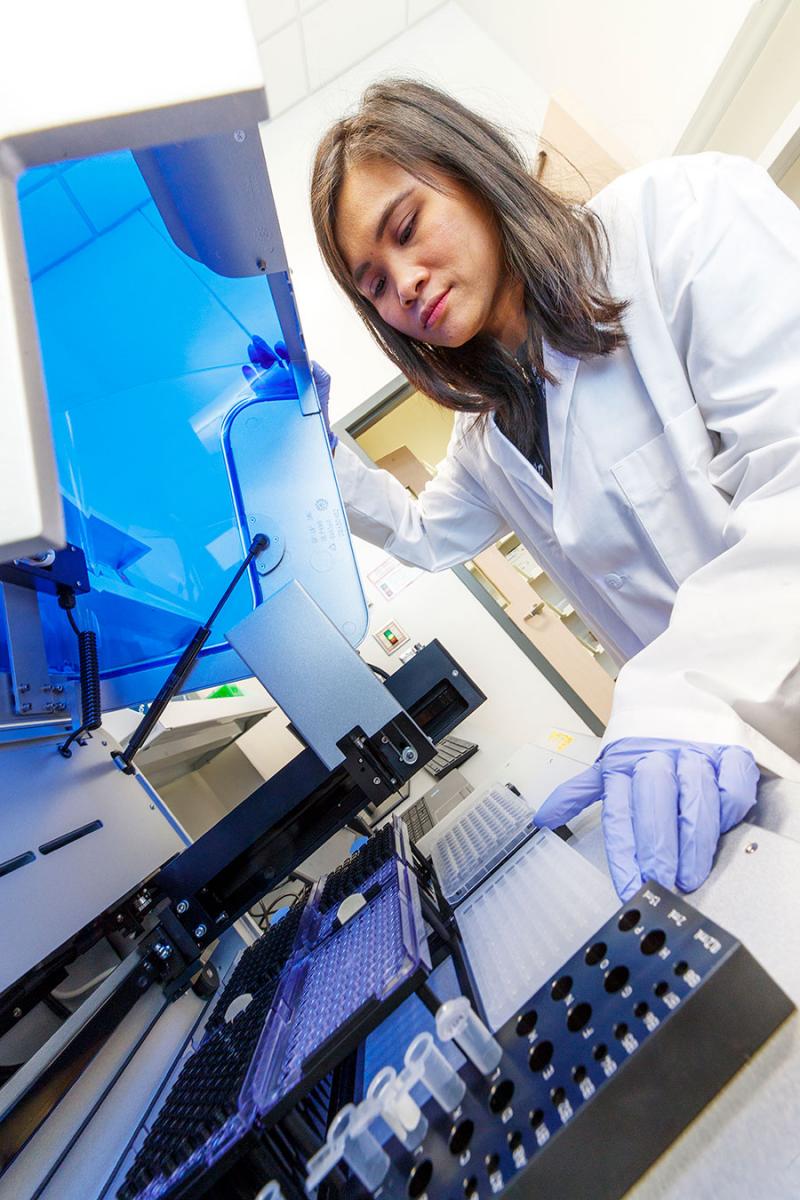Keeping your pets healthy, routine health checkups makes a big difference. Advanced veterinary facilities detect hidden conditions for companion animals.
In this article, we’ll learn about the role of lab diagnostics and show how they benefit your pet’s health.
Understanding Veterinary Labs for Pets
Animal diagnostic labs specialize in processing samples to guide treatment plans. These labs leverage cutting-edge tools to offer precise information.

Primary functions of veterinary labs include:
- Diagnosing conditions promptly: Allows for faster treatment.
- Keeping an eye on recurring problems: Ensures your pet stays on track.
- Testing the success of interventions: Ensures therapies are working.
Common Veterinary Tests for Dogs and Cats
Pet testing services provide multiple testing services to identify potential problems. Popular exams include:
- Blood panels: Assess organ function.
- Urinalysis: Identify kidney problems.
- Digestive system diagnostics: Ensure proper gut function.
- Sensitivity screens: Pinpoint triggers.
- Advanced imaging scans: Identify hidden abnormalities.
clínica e laboratório veterinário da villa
laboratório veterinário
The Benefits of Regular Veterinary Testing
Regular veterinary testing ensures proactive care. By catching conditions before they escalate, vets can create effective treatment plans.

Why these tests matter include:
- Longer, healthier lives: Ensuring effective care helps pets maintain their vitality.
- Cost-effective care: Addressing small problems early saves resources down the road.
- Strengthened bond with your pet: You’ll know they’re cared for.
Conclusion: The Value of Veterinary Labs for Pet Health
Veterinary laboratories play a critical role in maintaining their quality of life. Through consistent diagnostics, you ensure they receive the care they need.
Start today to keep your pets thriving!